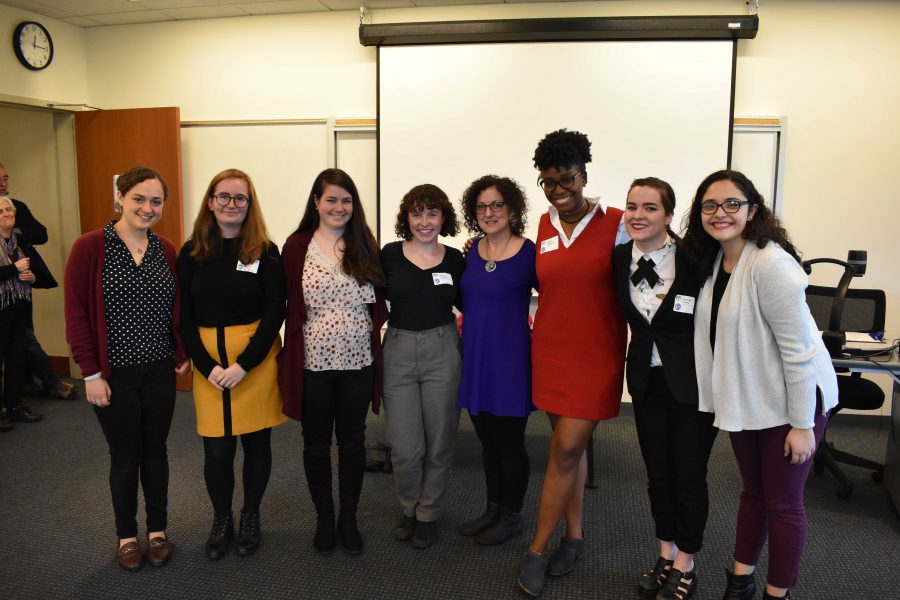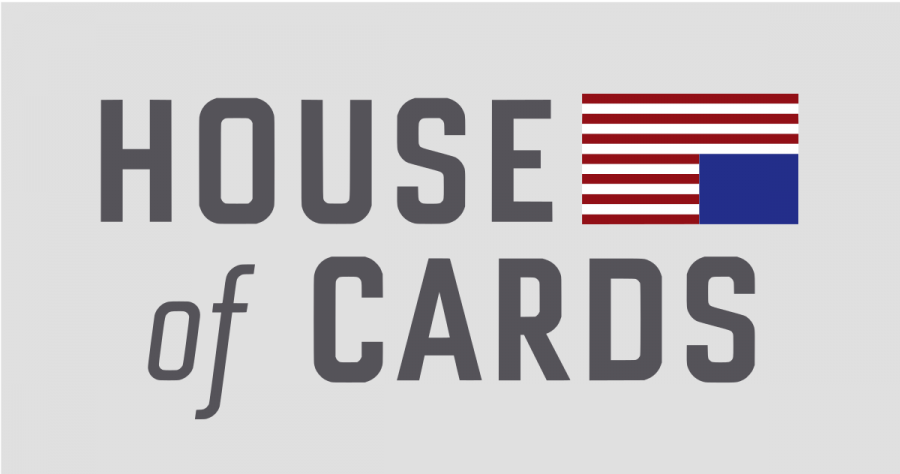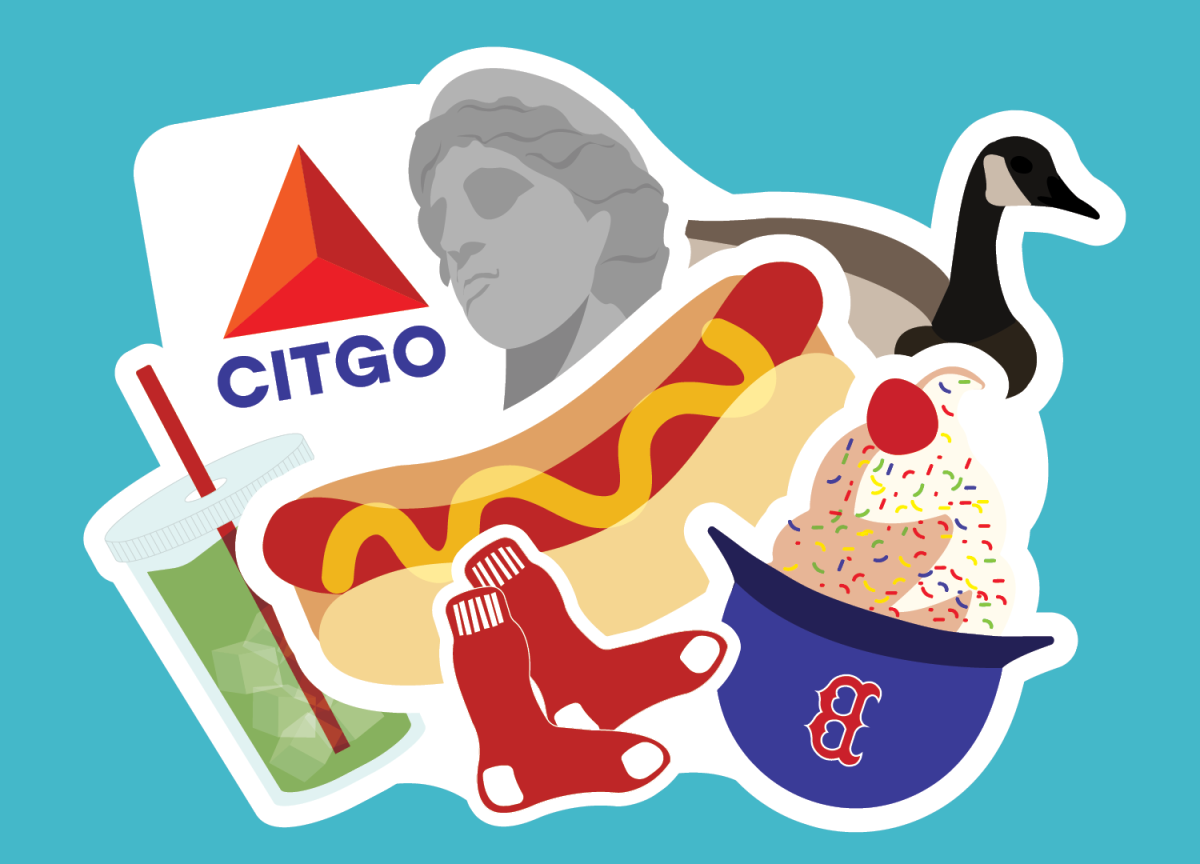By Kaydee Donohoo
Staff Writer
I genuinely enjoy classical music. I genuinely enjoy mostly classical music, actually. This leads to some issues for me, but at the end of the day, you like what you like.
First of all, classical music is awesome. I could go on in a scholarly way about how the instruments capture a wide range of emotions (I mean have you heard a violin?), but I ultimately must admit that it’s very difficult to put into words why and how I love classical music so much, because that is hard to do for anyone with any music. “It sounds pretty,” should be enough to say.
Liking classical music can feel kind of isolating. A huge question in the getting-to-know-someone-knew field is “What sort of music do you like?” No one I’ve encountered has also said classical music. Conversations about my favorite composers just never happen.
I feel like I have to explain myself if I am honest about listening to classical. Ultimately I feel like people perceive this as showing off, as the sort of cultural snob who says she listens to the music she is supposed to like, instead of what she actually does like. People often find that classical music is boring, that some is best as only background music. But here’s the thing—so do I.
Tons of classical music sounds very boring to me. Most of what exists, perhaps. I probably couldn’t turn on the radio to a classical music station and be satisfied. It was only after years of fishing through composers, and creating playlists, and going off of YouTube suggestions that I’ve found the pieces I enjoy. A snob trying to impress would certainly listen to a different variety of more well-known classical than the specific set that I do. Really, I just listen to what I like, and not what I don’t. Most of what I like just ends up being classical.
The downsides to liking the music I like? I see friends of mine get excited about new albums releases, new blog posts, and generally things their favorite artists are doing with being active and alive. My handful of favorite composers have already done everything they are going to do. There are no updates from their graves.
The most I get is to delve into research projects about composers’ past scandals. This can be somewhat satisfying, especially with Tchaikovsky, but can only give so much.
Another advantage lost to me is consistency. If you type a Coldplay song into YouTube, Spotify, iTunes, or other music sources you are going to get that Coldplay song. There are uncountable versions of classical pieces, however, because of variations between conductors’ interpretations and styles, not to mention the variations between the instruments and artists using them.
When you hear the same pieces over and over again you really pick up on these differences. I have searched and found my favorite version of Swan Lake. It resides in my laptop and iPod, making what I can play in the shower second-best to my ears. Once I was quite excited to find Tchaikovsky’s “Valse Sentimentale” on a CD…only to find there was a piano playing half of it? What? I’m sure this would sound great to some, but I was already accustomed to a YouTube version with only violins.
Unfortunately classical music is mostly out in the airwaves in commercials. It tends to just be a juxtaposition to unsophisticated actions happening, such as Vivaldi’s “Spring” to rich drunkards on a reality TV show commercial. Beautiful pieces lose their meaning when they are only heard on commercials and become associated with just that.
Often they are used to make something simple seem epic, such as a disgruntled family recovering from an airplane ride to Mozart’s “Lacrimosa.” This piece is a personal favorite, and it saddens me that many won’t hear it outside of that commercial.
Now if you’ll excuse me, all of this writing about classical music has made me want to listen to “Die Zauberflöte.”

















